A NEW documentary by Asian director Ashish Ghadiali looks at the ‘war on terror’ through the story of Guantanamo Bay detainee Mozzam Begg.The Confession charts the life of Begg, the son of a retired bank manager in Birmingham, who in the 1990s spent his youth fighting neo-nazis on the streets of Sparkhill while trying to come to terms with personal questions of identity.
It was shortlisted for the grand jury prize at the highly regarded Sheffield Doc Fest this year.
In his first feature length film, Ghadiali allows Begg to give a unique insight into his epic journey that would take him to Bosnia, Afghanistan and Pakistan.
He was abducted and transferred into US military custody, held and tortured in Kandhar and Bagram, and also detained in Guantanamo Bay and Belmarsh prisons.
London-based Ghadiali told Eastern Eye how he had been interested in the ‘war on terror’ post 9/11 and the way it played out certain assumptions.
He also explained how he saw firsthand the reactionary attitude to young Asian men after the 7/7 bombings in London. Ghadiali was living in Whitechapel and working for a TV production company in Kensington.
“Post 7/7, I was just so shocked how quickly the rules changed for me, to be stopped and searched twice on the way to work. Young Asian men were being singled out. It did not seem logical, it seemed like a spectacle trying to show other people they were being kept safe.
“Civil liberties were being eroded, coupled with a personal sense that was telling me this war on terror is not based on good intelligence; it’s literally: ‘Let’s just check the bags of the brown skin guys’.
“It led me to the sense that something undesirable was taking place at home in Britain,” said Ghadiali.
When Begg was released from Belmarsh after spending seven months in the prison on terrorism charges that were all dropped, Ghadiali saw a story that was not being told and important questions not being asked by the mainstream media.
Ghadiali said: “At the time of Mozzam Begg’s arrest, the public outcry was being whipped into a new wave of Islamophobia. After seven months, West Midlands police stated he was an innocent man after new evidence had come to hand, and it showed how he should not have been arrested in the first place.
“A prisoner for several months without any actual evidence of guilt, and I could not understand why nobody was seeking an answer.”
Ghadiali’s interest in Begg’s story led to a meeting between the two and an invitation to his Birmingham home to discuss motivations for a film.
“I wanted to make a film that through him [Begg], we could understand a story of an age. I wanted to explore how multi-culturalism had been undermined by the war on terror. I wanted to put together a canvas that started in Birmingham in the 1990s and how the world has changed over 25 years.
“How Begg become this kind of two dimensional figure in the media. There was a presumption of guilt. I was more interested in his humanity and a three dimensional representation of him and his experiences,” said Ghadiali.
Born in London to Gujarati parents, Ghadiali lived in Newbury Park before moving to Birmingham. He attended Oxford University and later graduated from the New York University (NYU) film school in Singapore. At NYU he was mentored and trained by Oscar-winning director Oliver Stone.
At the film school, he got to know Indian director Shekhar Kapur (Bandir Queen; Elizabeth) who suggested he should go to Bollywood.
Taking the advice, Ghadiali spent a year in Bollywood working as a screen writer for different companies.
It was here he became friends with director Anurag Kashyap and also directed actress Nimrat Kaur, who would later star in the acclaimed The Lunchbox.
Acknowledging Begg was a polarising figure, Ghadiali said ultimately that in The Confession he wanted to create “a film that Mozzam Begg felt was fair but so did his critics.”
n The Confession is out in cinemas now.





 Priyanka Chopra calls herself nascent in Hollywood as 'Heads of State' streams on Prime VideoGetty Images
Priyanka Chopra calls herself nascent in Hollywood as 'Heads of State' streams on Prime VideoGetty Images  Priyanka Chopra wants to build her English film portfolio after Bollywood successGetty Images
Priyanka Chopra wants to build her English film portfolio after Bollywood successGetty Images  Ilya Naishuller, Priyanka Chopra and John Cena attend the special screening for "Head of State" Getty Images
Ilya Naishuller, Priyanka Chopra and John Cena attend the special screening for "Head of State" Getty Images








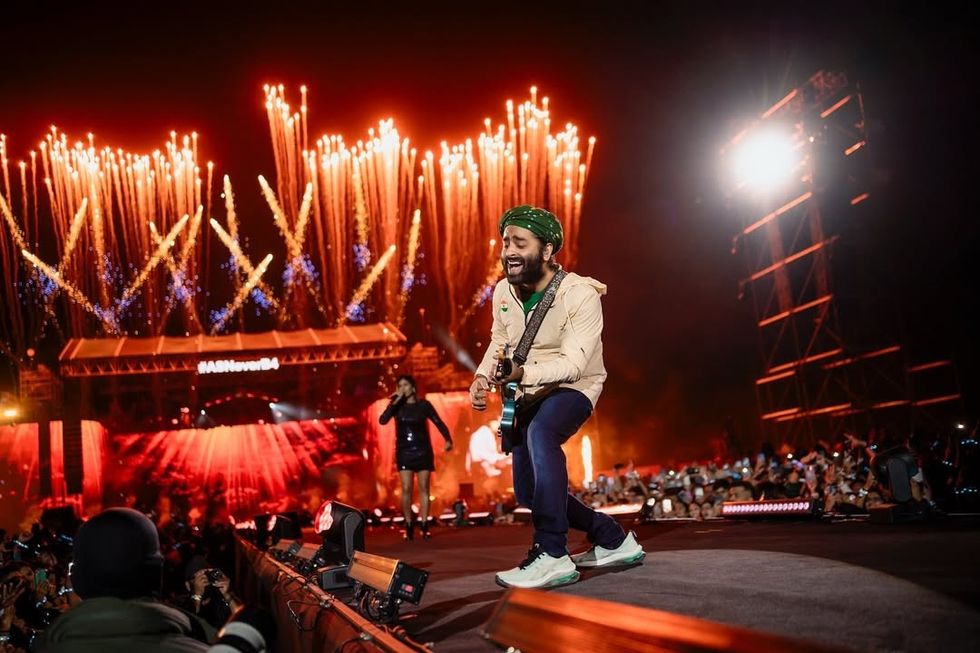 Arijit Singh performing Instagram/
Arijit Singh performing Instagram/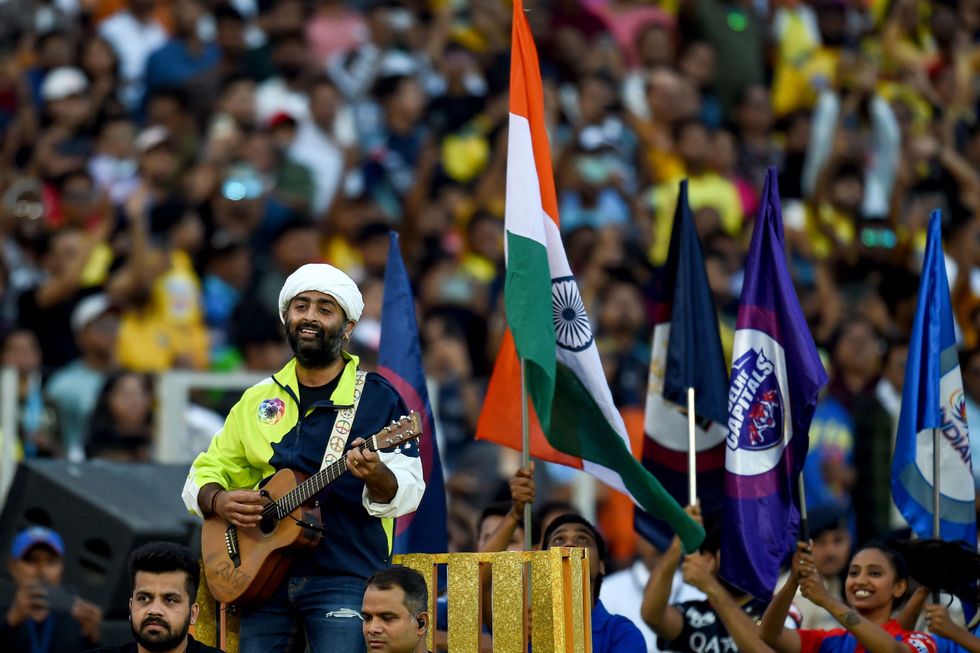 Arijit Singh clicked during a performance Getty Images
Arijit Singh clicked during a performance Getty Images 
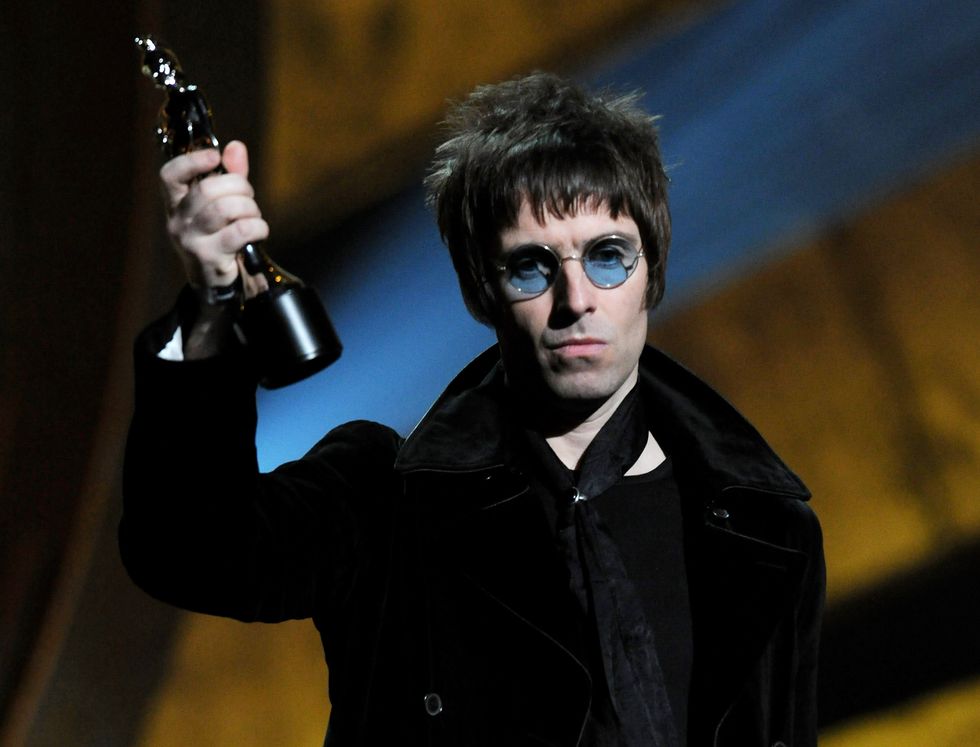 Liam Gallagher accepts Oasis' award for 'Best Album of 30 Years' Getty Images
Liam Gallagher accepts Oasis' award for 'Best Album of 30 Years' Getty Images  Liam Gallagher plays to a sell out crowd at the Universal AmphitheatreGetty Images
Liam Gallagher plays to a sell out crowd at the Universal AmphitheatreGetty Images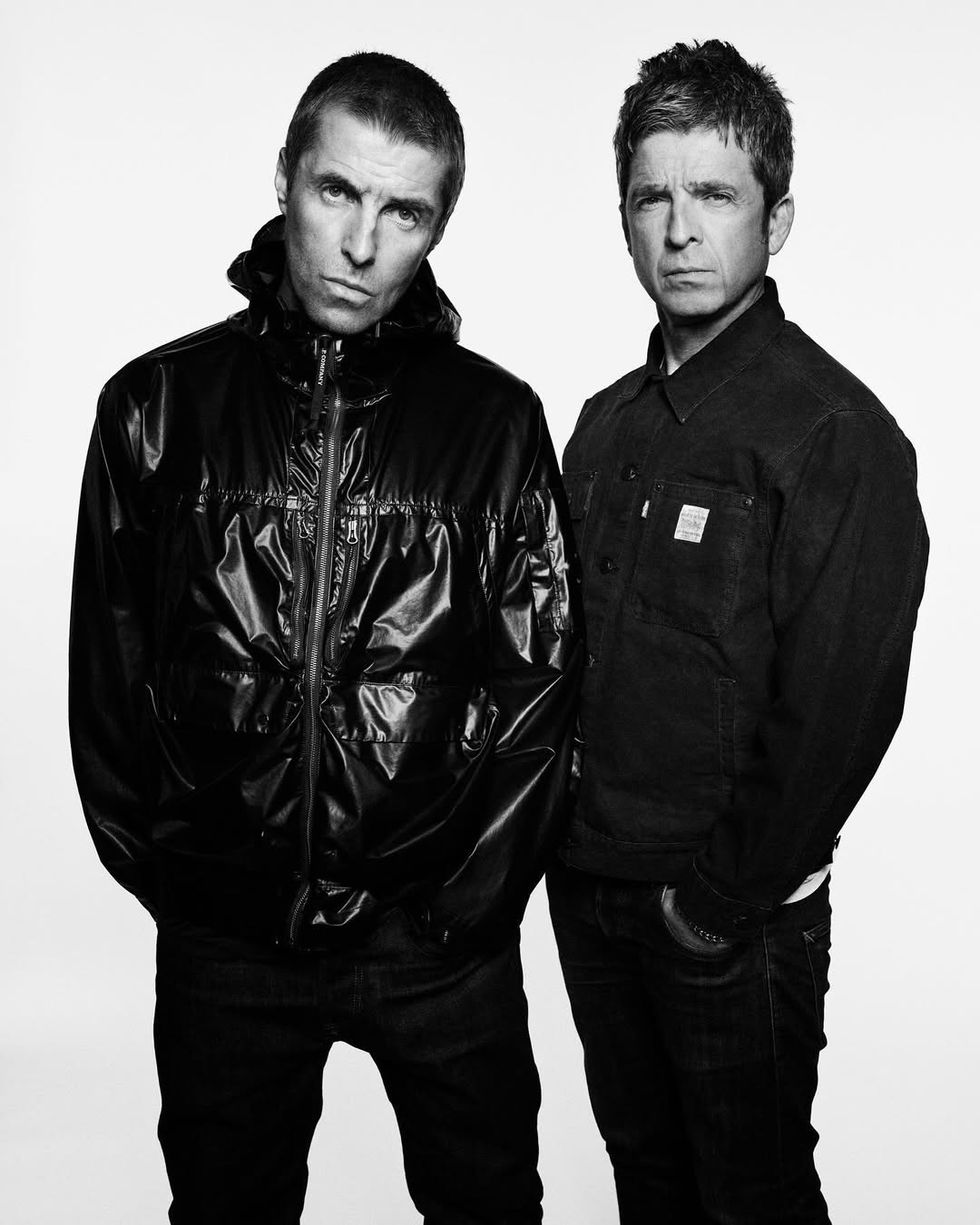 Liam and Noel Gallagher perform together in Cardiff for the first time since 2009 Instagram/oasis
Liam and Noel Gallagher perform together in Cardiff for the first time since 2009 Instagram/oasis 
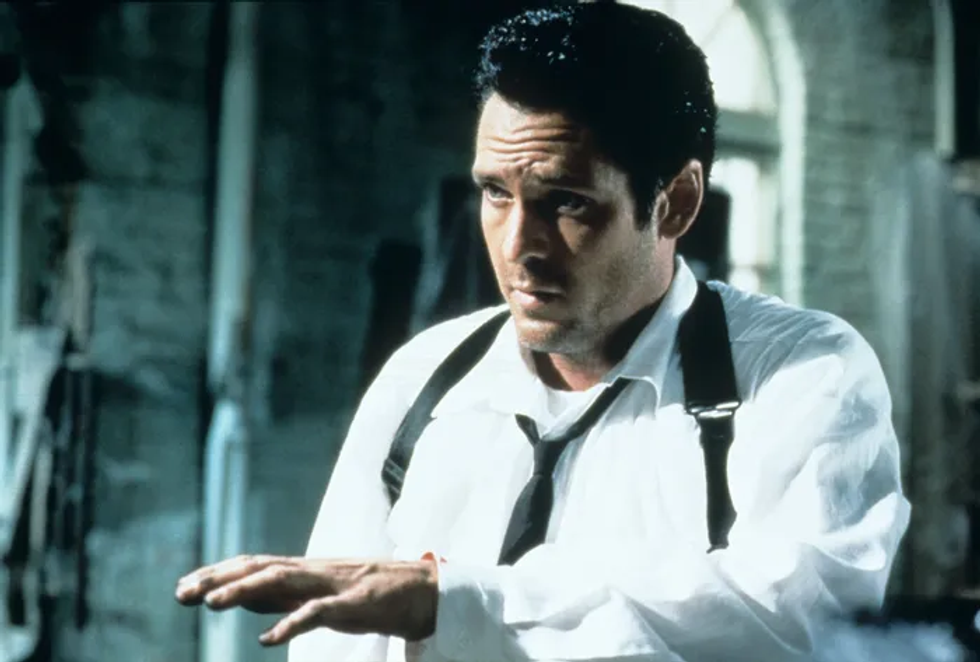 Reservoir Dogs
Reservoir Dogs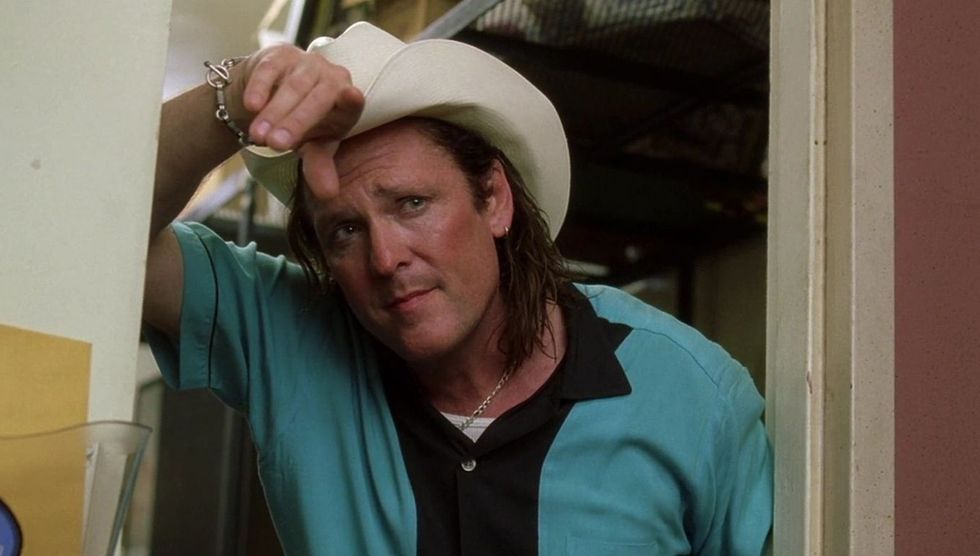 Michael Madsen as Budd aka SidewinderIMDB
Michael Madsen as Budd aka SidewinderIMDB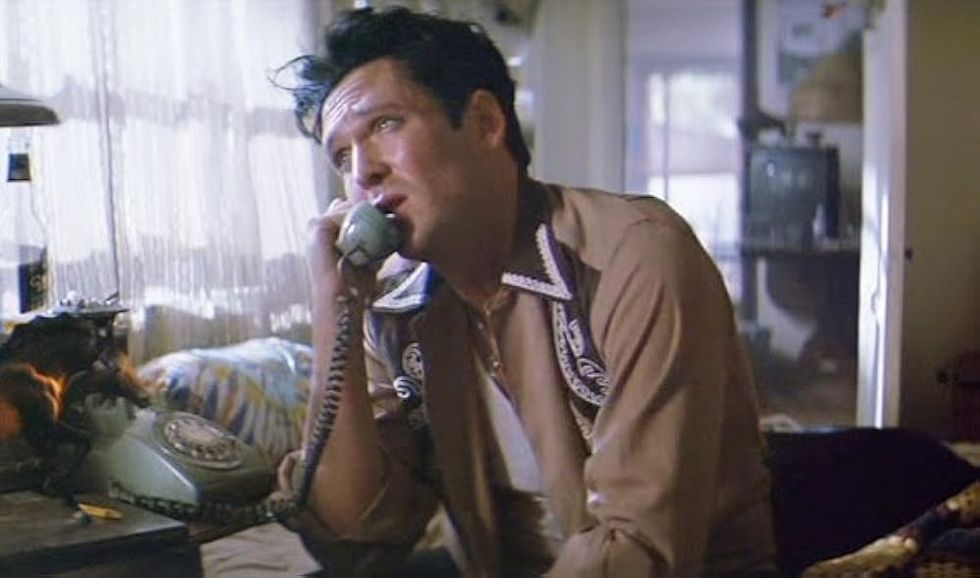 Thelma & LouiseIMDB
Thelma & LouiseIMDB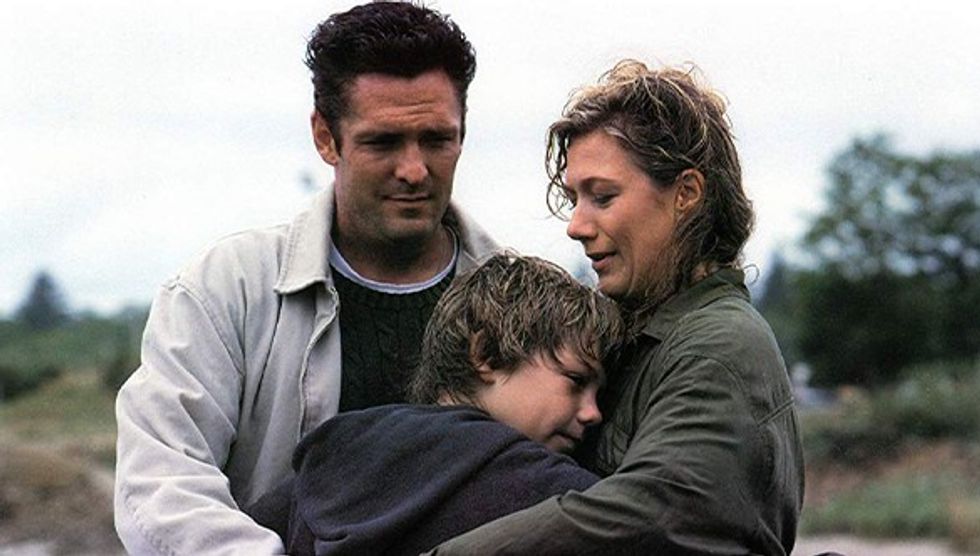 Free WillyIMDB
Free WillyIMDB 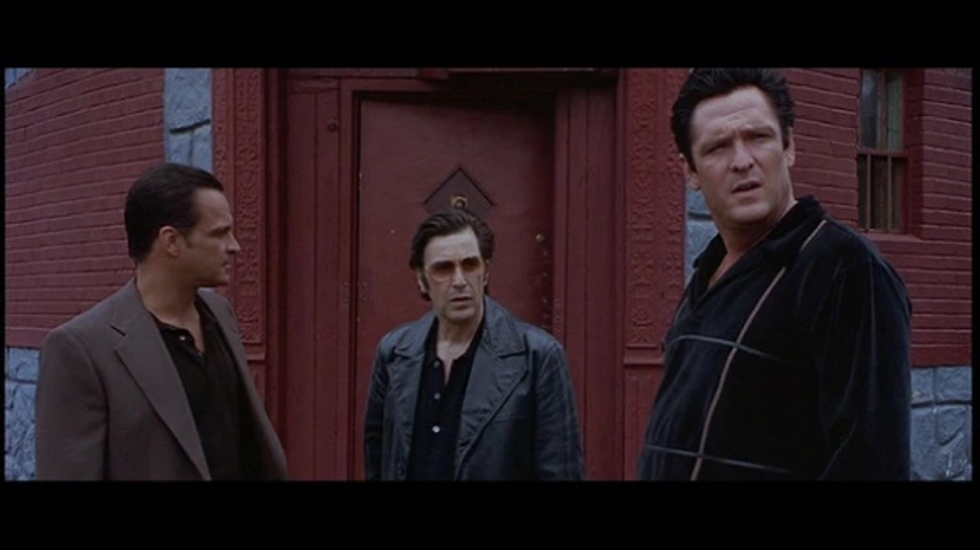 Donnie BrascoAlex on Film
Donnie BrascoAlex on Film 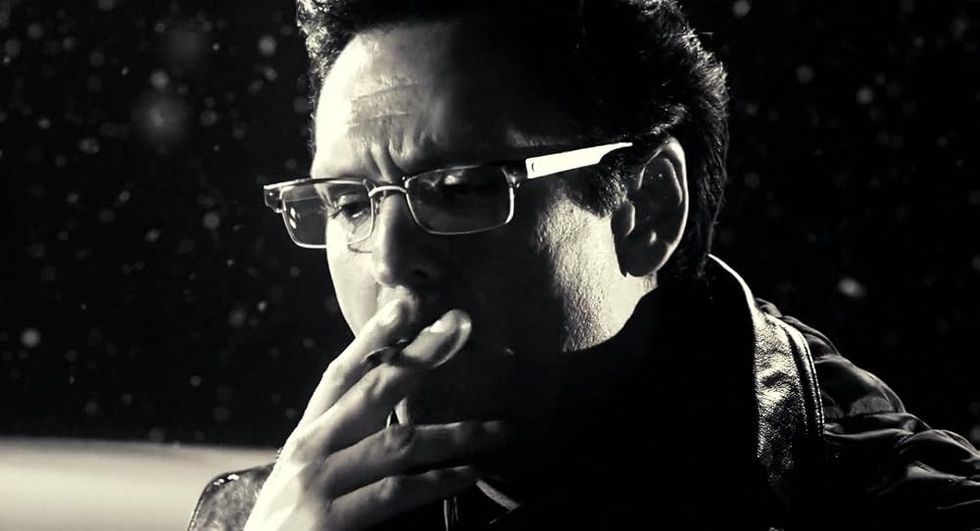 Sin CityIMDB
Sin CityIMDB 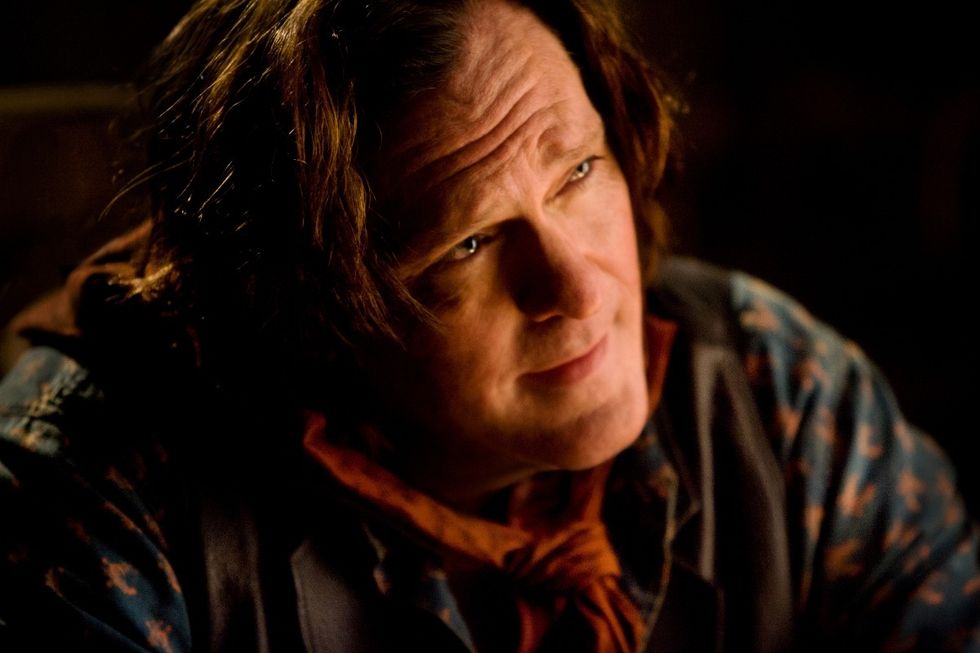 The Hateful Eight IMDB
The Hateful Eight IMDB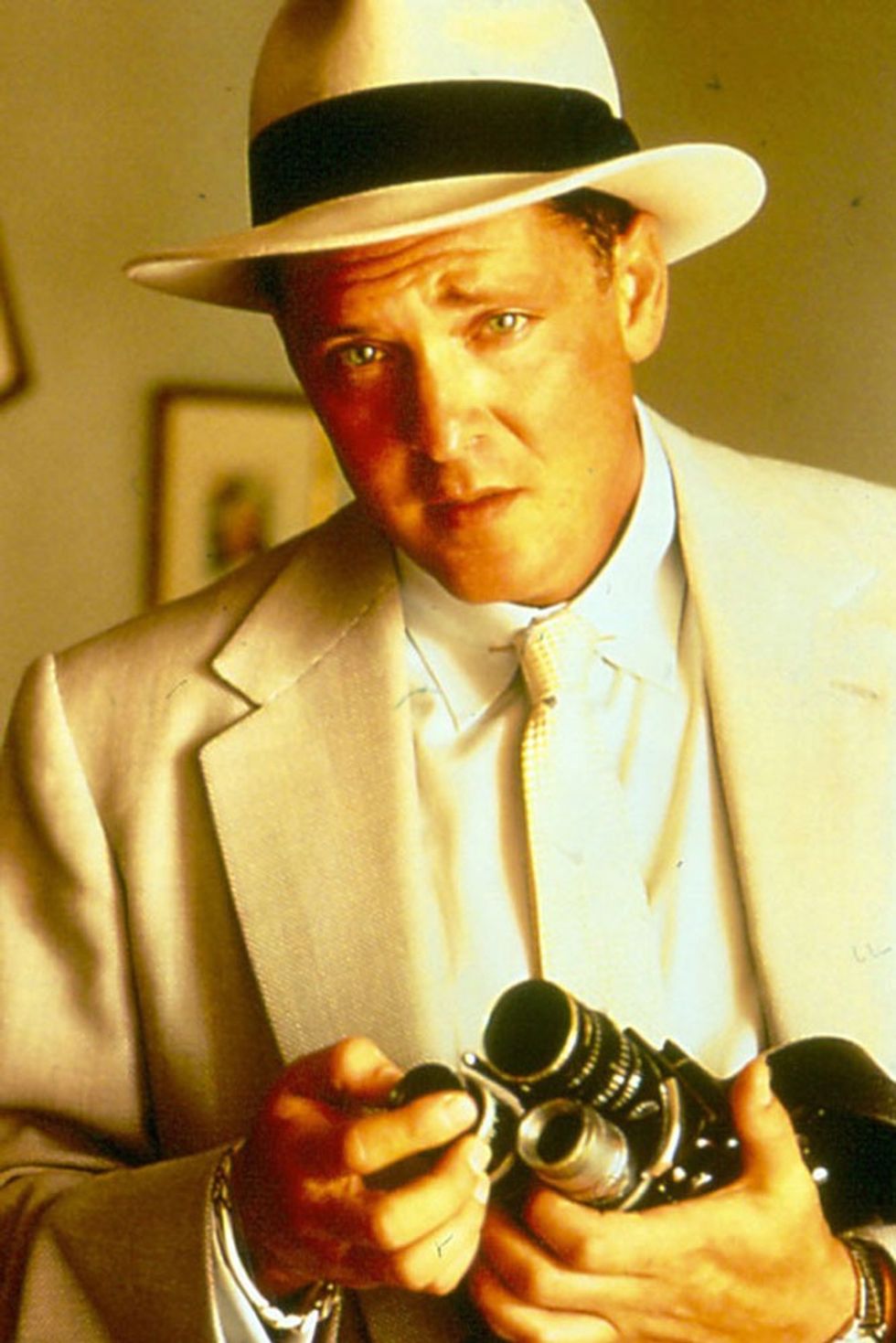 Mulholland FallsVirtual History
Mulholland FallsVirtual History 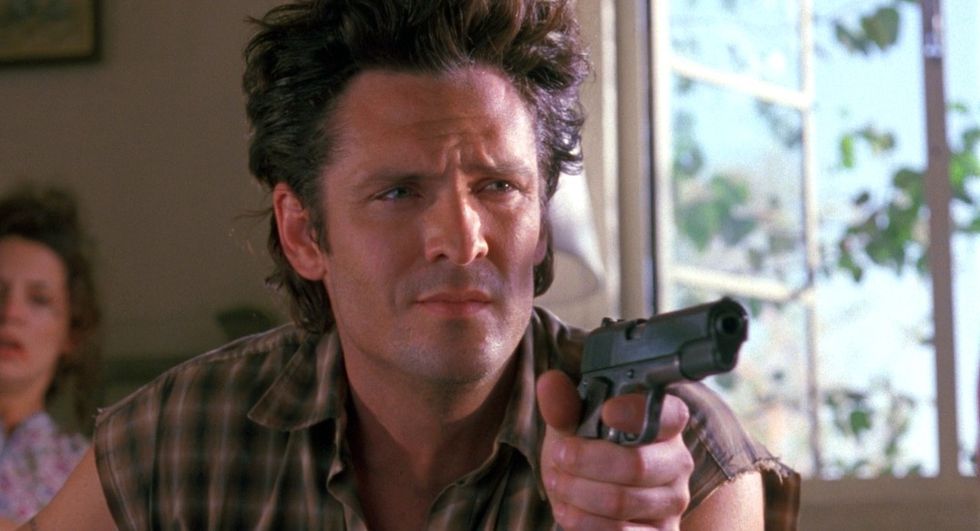 Kill Me Again
Kill Me Again 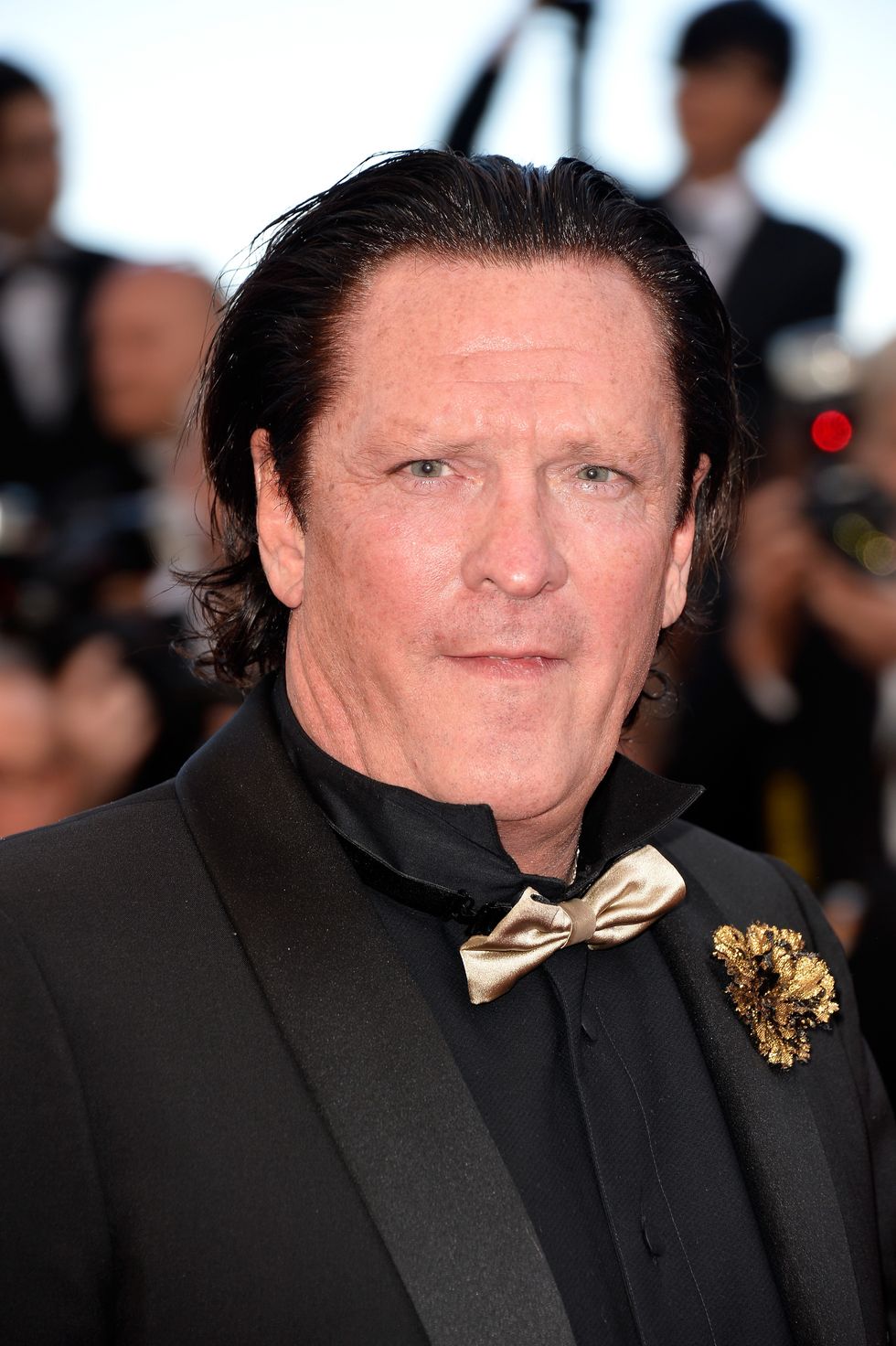 Michael Madsen attends the Closing Ceremony and Fistful of Dollars Screening Getty Images
Michael Madsen attends the Closing Ceremony and Fistful of Dollars Screening Getty Images 
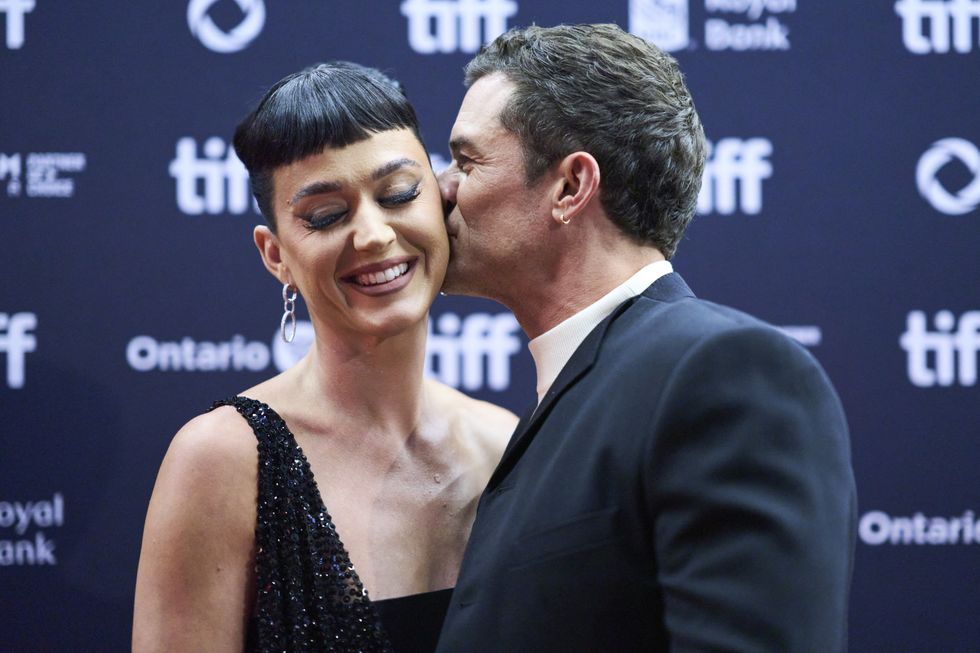 Katy Perry Orlando Bloom Choose Co Parenting Future After Nine YearsGetty Images
Katy Perry Orlando Bloom Choose Co Parenting Future After Nine YearsGetty Images  Katy Perry and Orlando Bloom focus on raising their daughter with love and respect Getty Images
Katy Perry and Orlando Bloom focus on raising their daughter with love and respect Getty Images  Katy Perry and Orlando Bloom end their long running romance and plan to raise their daughter together as a family
Katy Perry and Orlando Bloom end their long running romance and plan to raise their daughter together as a family